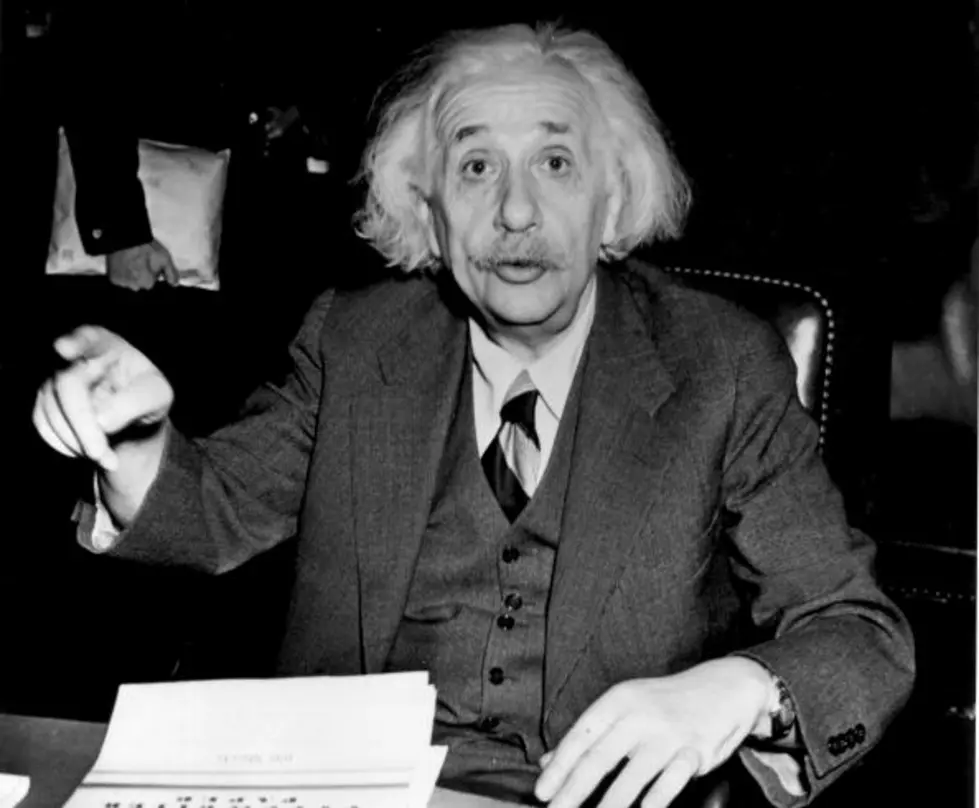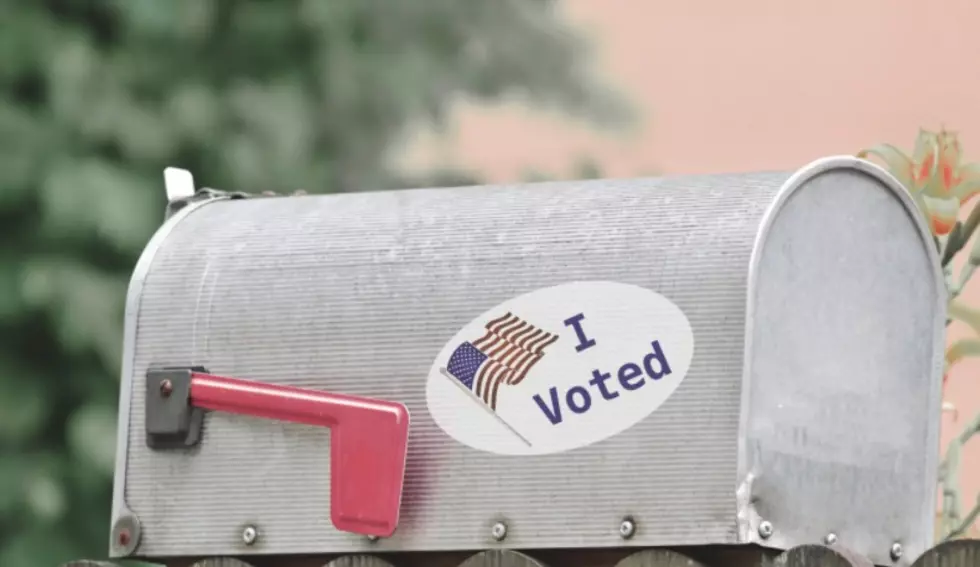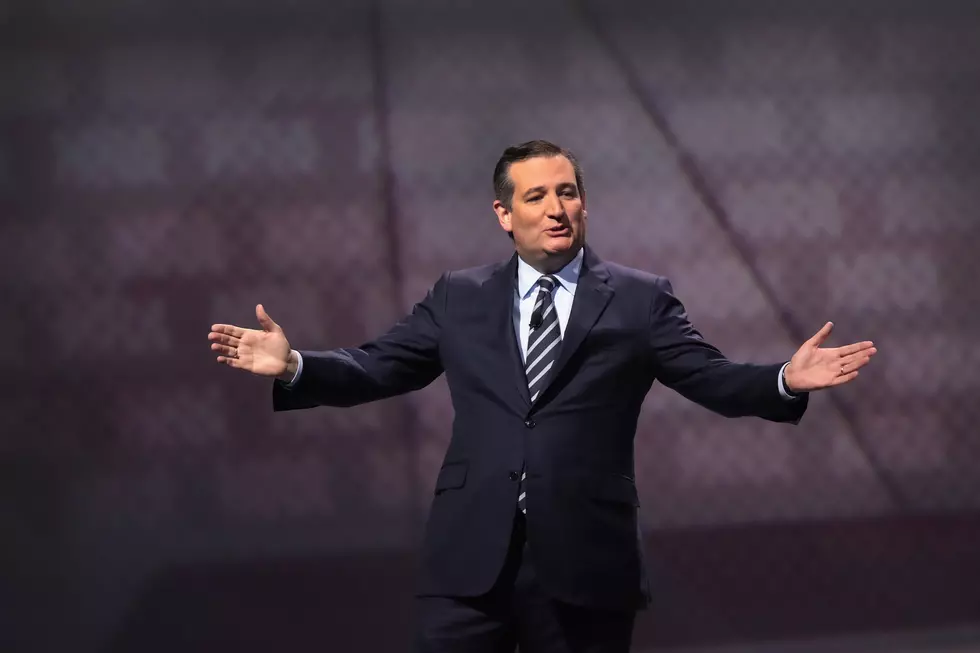
Even Einstein Couldn’t Think of Peace Plan
For the first time, the late Albert Einstein's personal archives and letters have been opened to the public, and they reveal some surprising things about the man regarded as one of the greatest geniuses who ever lived.
Among other things, we learn from Einstein's letters that he couldn't come up with a workable way for Israel and its Arab neighbors to have peaceful relations. Those who've studied the letters say the proposal Einstein did come up with is so naive it's completely unworkable, which shows even Einstein couldn't get his mind around the depth of the Arab/Israeli conflict in the lead up to creation of the nation of Israel in 1948.
As late as 1947, in a glowing example of wishful utopian thinking, Einstein wrote that he believed the Arab nations would appreciate and embrace the Jewish need for restoring their national home in Judaism's old homeland.
"I think the two great Semitic peoples that have made ... lasting contributions to the civilization of the modern Western world can have a great future in common, and that instead of facing each other with unfruitful hostility and mutual distrust they should... seek for the possibility for sympathetic co-operation."
Einstein really believed peaceful coexistence was possible. He envisioned a combined governing body made up of Jews and Arabs that would work for the safety and prosperity of all. Saying "aggressive nationalism must be subdued," he wrote that the council would gradually "lead to a state in which differences will gradually be eliminated and common representation of the interests of the country will be upheld".
The academic head of the Einstein archive says it shows how naive the world's greatest thinker was. "It's great, it's romantic, it's beautiful and maybe one day if nothing else works this is the way to go about it."
As late as 1947 Einstein had doubts about the idea of a state of Israel, though he later supported it when it was established the following year. He was asked to be Israel's first president, but he turned it down. He said while he would be free as a private citizen to disagree with any future policy, as President he would not have that freedom.
More From Newstalk 860









